|
Thanks to Muslim Collective for the Climate Conscious Iftar at Pitt Street Uniting Church last night, with a particular emphasis on Palestine, and the intersections of ecological and human destruction with militarism and colonialism. Moving stories, a powerful exhibition, wonderful company and glorious music and dance . My own words shared are below...
0 Comments
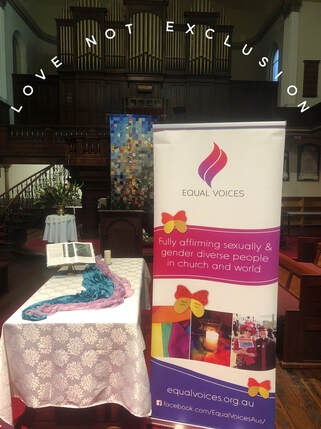 ‘It is time that leading politicians and religious leaders stopped abusing religion to hurt people and cling to power’, said the Revd Dr Josephine Inkpin, a transgender Anglican priest and Minister of Pitt Street Uniting Church in Sydney, speaking ahead of this Saturday’s protest at Sydney Town Hall against the One Nation ‘religious freedom’ and ‘parental choice in education’ Bills in NSW Parliament. ‘As I, and so many people of faith embody,’ she said, ‘there is no necessary conflict between being part of the LGBTQ+ community and being a person of faith. The attempts to drive a wedge between people undermines our nation’s shared commitments to human rights and a ‘fair go’ for all. Jesus was quite clear – ‘love your neighbour as yourself’ is at the heart of divine law and compassion. Shockingly however, the cross, a symbol of love for all, is turned upside down by some to become a sword to damage others'... Quite frequently I’m asked about fresh versions of the prayer Jesus taught his disciples - due to concerns for some such as patriarchal/parental or other distancing sounding words, issues about forgiveness (not least after church abuse revelations) and so on. I’ve suggested alternatives but have also just had another go at a contemporary paraphrase - also as a contribution to the Pitt St Uniting Church journey. Maybe it is also of some use to some others?
NB I do also value agreed ecumenical texts (!) and also warmly commend the practice, which I learned in ecumenical work, of inviting a diverse group to pray the prayer taught by Jesus in their own words and language - hearing such prayer in Aramaic for example, is particularly moving. How and what we breathe has become a deep concern in the face of COVID-19, So what does it mean to speak of the Holy Spirit as breath? My wife has written a short reflection on this theme (see here and, by video, below). I was also reminded recently of a prayer I wrote using this theme many years ago - drawing on the themes of Reconciliation, unity and peace which are so vital and prominent at Pentecost in Australia...
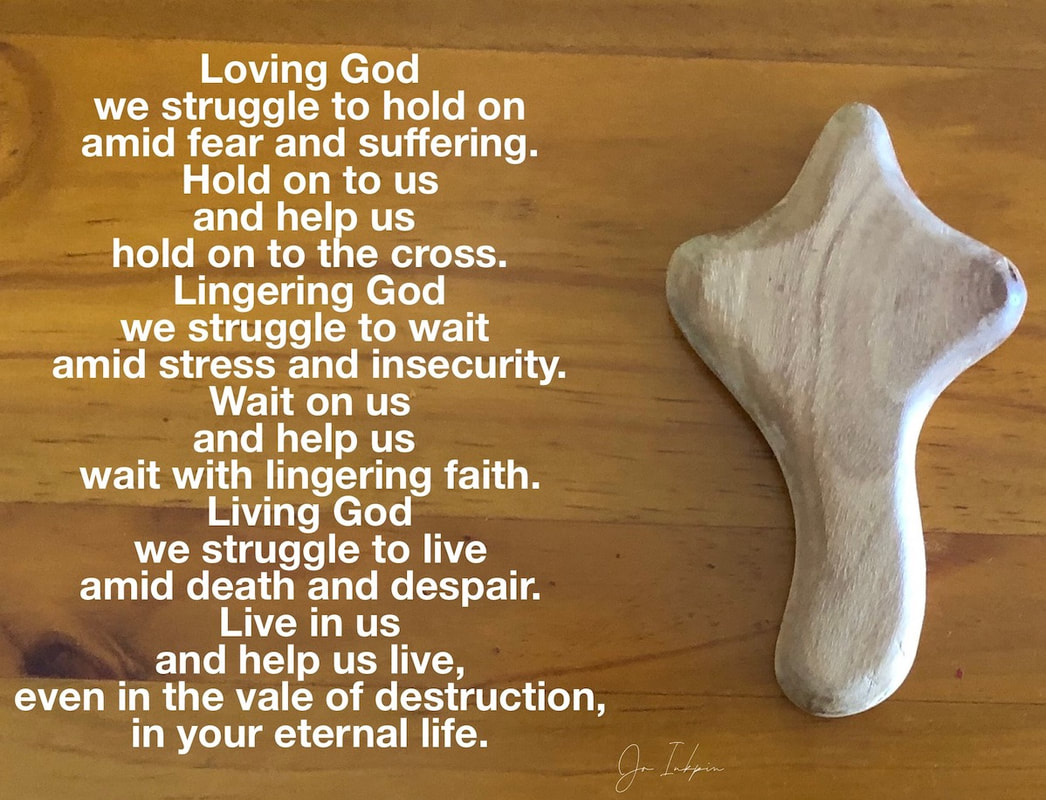 Although aspects of Christian tradition have been devastating for physical love and comfort, the Jesus' story resounds with affirmation of the goodness of life, materiality and the senses. Touch is central to so many Jesus, and other holy, encounters. The body is not at all to be shunned. Rather it is, literally and spiritually, to be fully embraced, as a place where God is 'incarnate' (made flesh) among us. Of course, as with other aspects of life, there can be issues with use of the body, and its abuse by others, but it is fundamentally a beautiful, good, and loving gift of God. This is expressed in the very embodied nature of so much Christian sacramentality and liturgical action, including the sharing of the Peace and laying on of hands. One of the saddest things for many people right now, particularly those who are most isolated and/or lonely, is the further radical distancing of touch. The following prayer is thus partly a contribution to expressing this and finding other spiritual connection. It uses the practical tool, and embodying symbol, of the holding cross, which many people find helpful at times of stress, illness and loss. When we are unable even to speak due to pain, clasping such a spiritual aid can be life-giving and a means of receiving vital grace and strength. Even when others cannot hold us, we can ask for God's love to do so, and allow it to flow through us. In writing this prayer, the word 'lingering' came particularly to mind. It is less conventional than other descriptors of the divine but maybe especially evocative for these times. Perhaps, not least when church buildings and traditional elements are closed or silent, God is often among us as a more lingering presence, more like a whisper than a roar? That is also to affirm a more enduring reality than the 'signs of wonders' of much conventional religiosity. I offer it anyway as part of my prayer, in solidarity with others from whom I am currently physically apart. Do you have a holding cross? Could you perhaps make one, or more, for yourself and/or others? As I wrote this prayer I was particularly reminded of the late Sister Angela - the extraordinary Franciscan nun, mystic and sculptress/artist - whom I met years ago in Stroud in New South Wales. She taught me how to make my own wooden holding cross. I also give thanks for Les Rub, a beautiful friend and faith companion in Toowoomba, who has made so many holding crosses for others, distributed as a ministry to those in need in hospital, at home, or elsewhere. May such expressions of love, like this prayer, continue to hold and strengthen us and others, this day and always: Loving God we struggle to hold on amid fear and suffering. Hold on to us and help us hold on to the cross. Lingering God we struggle to wait amid stress and insecurity. Wait on us and help us wait with lingering faith. Living God we struggle to live amid death and despair. Live in us and help us live, even in the vale of destruction, in your eternal life.  Sometimes Parliament is seen as a soap opera. If only it were! For though it remains so white and suburban, even TV’s Neighbours has just included a transgender character. It is a positive sign of the times but makes recent political developments all the more incongruous. For whilst the wonderful Georgie Stone enlivens Erinsborough High, in politics a green light is being given to repression. Why are we rushing towards religious discrimination laws when we’ve not yet even sorted our schools issues? So the question I want to pose is this: what kind of neighbours do we want to be as Australians together? Current parliamentary discussion is failing trans people - not least those of faith - in both process and specific proposals. Hence Equal Voices calls for postponement, into at least the middle of next year, to enable genuine consultation with those who will bear the greatest cost. The proposed Religious Discrimination Bill is a move towards enshrining disturbing forms of religious privilege and segregation which can only corrode our pluralist culture... 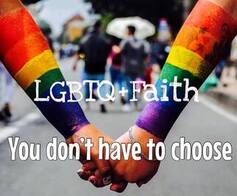 I speak today as both a proud member of our LGBTIQA+ community, and also as a dedicated person of faith, indeed as an Anglican priest. I do so, because people like me are typically erased, our lives and voices ignored. Yet we queer people of faith do exist! - and we are increasingly seeking to be visible. For our very existence gives lie to the monstrous misuse of religion for political ends. We suffer particularly profoundly from religious discrimination. We do not want religious exemptions which hurt us and others, and betray the heart of who we are. We also know that the majority of our fellow Australians of faith agree with us, as we saw in that dreadful postal survey. So we’ve tried to lobby, spoken to Government inquiries, sought to be part of desperately needed change. Yet, as queer people of faith, our rights to religious expression are seldom recognised... 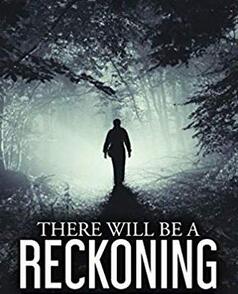 Who would have thought, in Australia in 2019, that, thanks to the insistent Tweets of a rugby player, hell would gain such attention? Hellish is certainly the result for those of us in the rainbow community. Particularly since the recent Federal election, we have been subjected to a deliberate right-wing campaign of aggression and hate, with fresh destructive impacts on our mental health and well being. This is a powerful expression of the vicious distortions of so much of today's media, and the apparent eagerness of some 'religious' groups to promote, or be used by, repulsive reaction in the name of religion. It is also a vivid reminder, both of how theological concepts can have real life consequences, including in the political sphere, and also of the need for a religious, as well as much broader, response by LGBTIQA+ people of faith. For religious-inflicted pain is indeed rife and horrendous among LGBTIQA+ people. Anger at religion as a whole is therefore, as a huge understatement, more than understandable. More moderate 'straight' religious people urgently need to recognise this and join the rainbow community as much more effective allies, with a commitment to genuine listening, deep repentance for religious-based shaming and violence, and powerful commitments to assisting in change. Yet, as it uses religion, we are also unlikely to defeat the hideous distortion that is right-wing 'religious freedom' without better theological scrutiny and the use of religious resources by LGBTIQA+ people of faith, affirmed by other parts of the rainbow community. In this, one key feature is indeed to reclaim the very idea of hell as a theological impulse towards justice for the oppressed, connected with the vision of 'a new heaven and earth' of peace and love, not as punishment of 'the other' by the rich and powerful. For God, if that world is to have reality at all, needs proclaiming as the ultimate source of transforming love in generous diversity, not as a mean tyrant picking on the marginalised. If hell is to have any real meaning, other than as a description of actual lived pain today, then it must be as a reminder that, in some ultimate sense (to use Billy Bragg's words): 'there will be a reckoning for the peddlers of hate... and a reckoning too for the politicians who left us to this fate'... 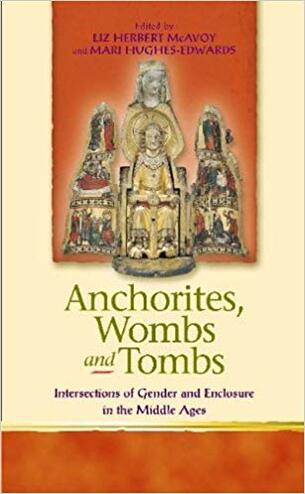 Taken seriously, Christian spirituality really is extraordinarily queer. This is hidden by widespread modernist narratives and assumptions, both secularist and Christian 'mainstream', and also, still more, biblicist and fundamentalist, Sadly, such restrictive approaches try to squeeze the tremendous historical diversity of scripture, tradition and religious experience into various Procrustean beds of ordered, ideological, understanding. Yet the control of spiritual bodies, like queer bodies, always proves elusive, even to the most subtle and determined of subduers and butchers. History is indeed full of horrendous tortures and amputations inflicted upon such bodies. Ultimately however they can not be wholly suppressed. They break through in ways which are life-giving and surprising, if sometimes highly ambiguous and constrained. Certainly this is true of medieval bodies, not least those of female mystics: perhaps above all represented in Julian, or Juliana, of Norwich. For it is not an accident that the 14th century Julian has been 'rediscovered' in recent decades by those seeking fresh perspectives on spirituality, gender, God, and the renewal of being. In her we are drawn from our tombs of suffering and despair into subversive possibilities of new creation.. Not for nothing is she thus perhaps the greatest of all English spiritual teachers... Humpty Dumpty sat on a wall.
Humpty Dumpty had a great fall. All the Pope’s horses and all the Pope’s men (and women), couldn’t put Humpty together again. For good and ill, the era we know as the Reformation has hugely shaped us. It involved immense fragmentation: both a breaking down and a breaking open. Like Humpty Dumpty, that which went before had ‘a great fall’ and could not be put together again as it had been. Especially within Christian life, it has thus bequeathed so many features we simply take for granted. Some have lasting value. Others are much more questionable. This includes the very existence of different Christian traditions, in what, from the 19th century, we have termed denominations. This was not, of course, an intended outcome. Indeed, it would have seemed anathema to any Reformer, as well as to the Church of Rome. Yet it is part of our Reformation inheritance. So what do we make of this, for God’s continuing mission? What is worth keeping? How might we move on together? This reflection is not a traditional potted history. Nor does it seek to draw us into comparisons of our different Christian traditions, never mind reassemble past dynamics and rhetoric. Instead, it outlines briefly both vital differences and also important similarities between that age and our own. In doing so, it identifies a number of negative features which often mar our churches and world. It also suggests a number of positive features which can heal and take us forward. Hopefully, in the contemporary spirit of ‘receptive ecumenism’, these may then provide a basis for assessing which Reformation gifts we will own together and which we will leave behind. What else, we might then ask, do we need for our journey onwards today?... |
AuthorJo Inkpin is an Anglican priest serving as Minister of Pitt St Uniting Church in Sydney, a trans woman, theologian & justice activist. These are some of my reflections on life, spirit, and the search for peace, justice & sustainable creation. Archives
July 2024
Categories
All
|
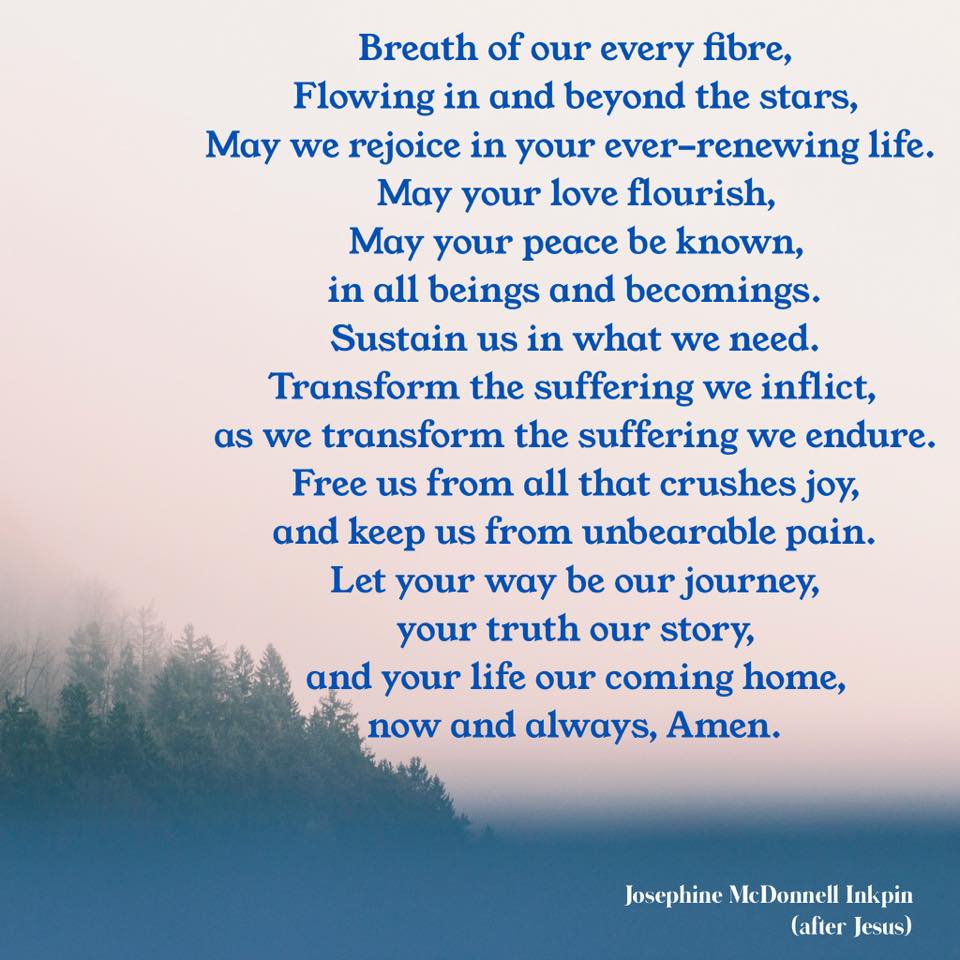
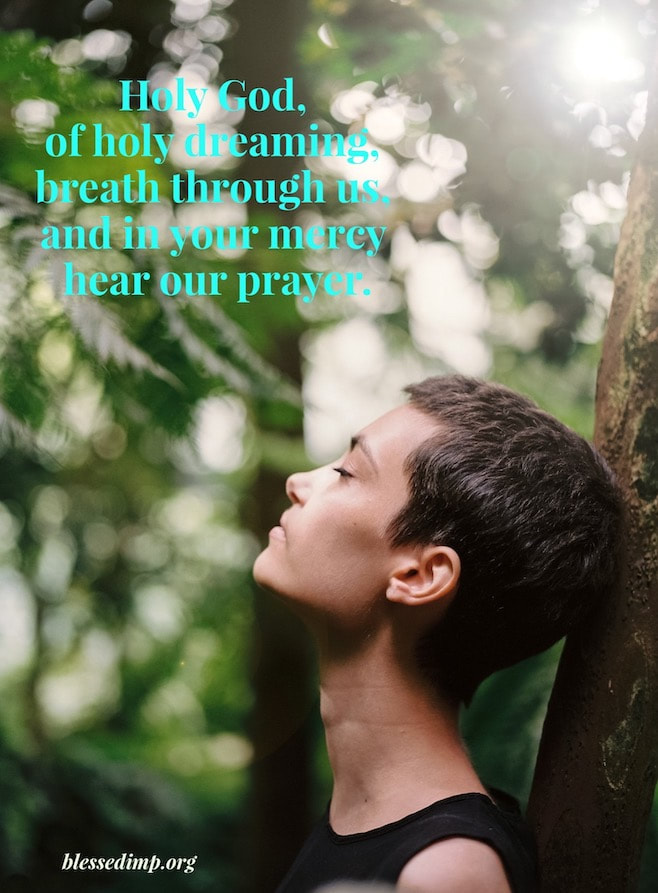
 RSS Feed
RSS Feed